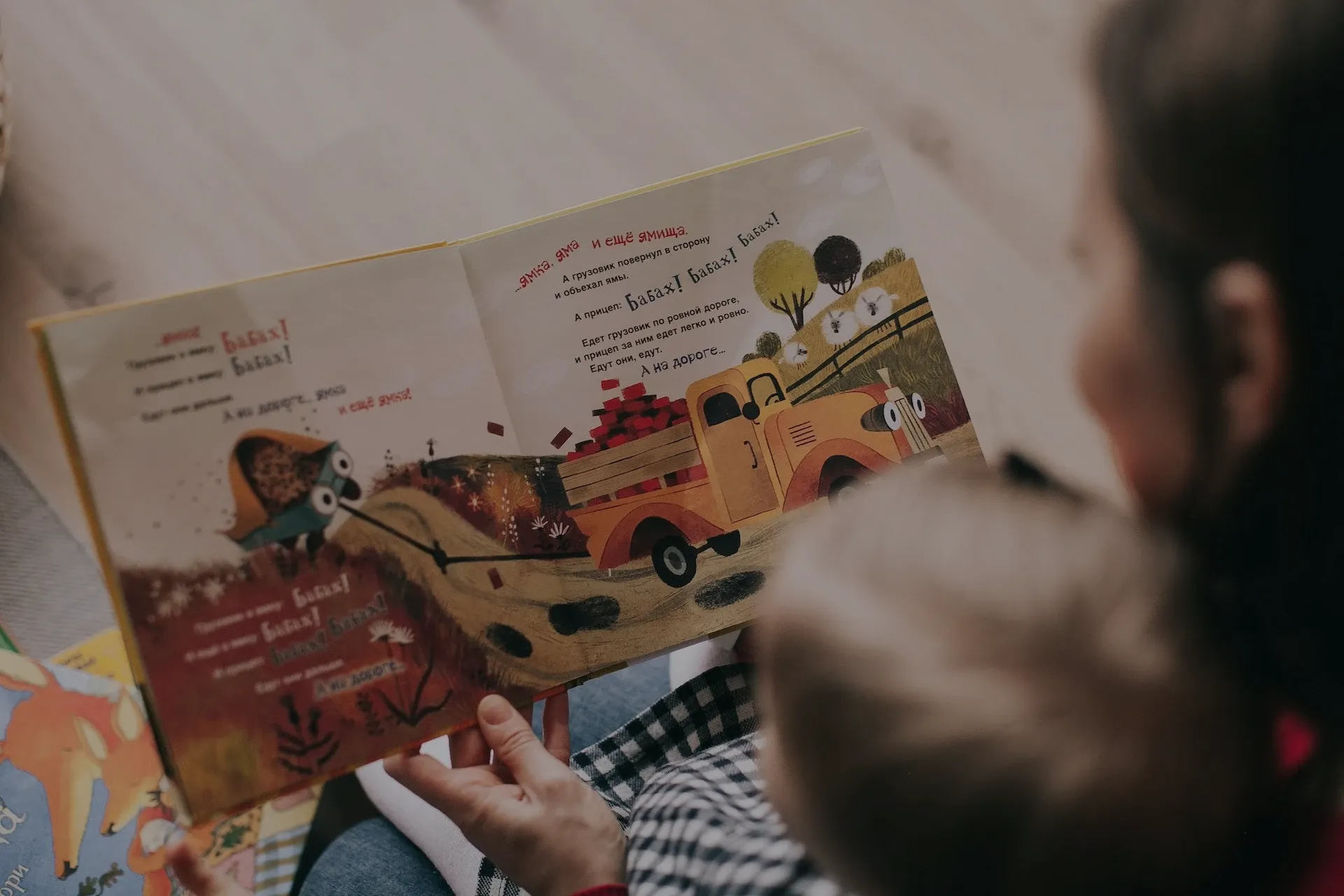Does your child dislike reading? Are you struggling to encourage them to read?!
Reading is one of the most valuable skills your child can develop. It helps to improve vocabulary, comprehension, and critical thinking skills, as well as fostering imagination and creativity.
So if you’re looking at ways to motivate your child to read, here are some tips to help you get started:









